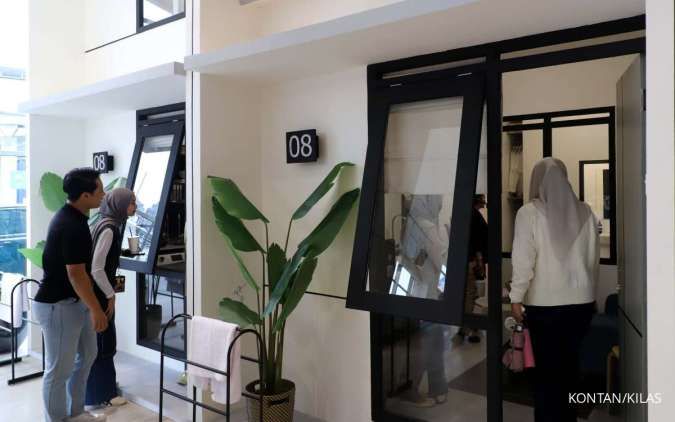A senior Indonesian envoy has called on Indonesian businesspeople to be more aggressive in exploring markets in South Africa in order to compete with its fellow ASEAN member states in attracting tourists and trade from the second-largest economy in Africa. According to data released by the Indonesian Embassy in Pretoria, Indonesia currently ranks as South Africa’s fifth-largest trading partner in ASEAN behind Thailand, Singapore, Malaysia and Vietnam, despite the fact that it is the largest economy in Southeast Asia. “Malaysia and Thailand of course have been more advanced [in trading with South Africa]. We are now looking at Vietnam whose exporters have turned very aggressive lately,” Indonesian Ambassador to South Africa Suprapto Martosetomo said during an interview at his office in Pretoria on Monday.
In 2014, Indonesia reported US$1.38 billion in non-oil-and-gas exports to South Africa, which was a 8.66 percent increase from 2013’s $1.27 billion, according to the Central Statistics Agency (BPS). Annual growth in Indonesian exports to South Africa in the 2010-2014 period averaged 13.94 percent. The embassy recorded that in the January-November 2014 period alone, total exports from Indonesia to South Africa amounted to $1.23 billion as opposed to $420.44 million of South African exports to Indonesia. Data presented by the South African Revenue Service (SARS), however, showed lower figures. Total Indonesia-South Africa bilateral trade in January-November 2014 was recorded at only $1.01 billion with a $400.5 million surplus on Indonesia’s side. According to SARS, South Africa’s bilateral trade with Thailand in that period stood at $2.51 billion, followed by $2.32 billion recorded with Singapore. With Malaysia, it had $1.45 billion in trade ahead of Vietnam with $1.11 billion. “I have seen Vietnamese furniture exporters who are very aggressive and yet the prices they offer are very competitive. They’ve won market share even though they are new player in furniture here. I don’t know why our furniture products cannot penetrate South African markets,” Suprapto said. Among Indonesia’s top export products to South Africa are crude palm oil (CPO), rubber and rubber products, as well as gemstones and automobiles. Indonesia, on the other hand, imported pulp and paper, industrial chemicals, as well as base metals from South Africa. “South African people also like batik, but they prefer not-so-expensive ones. I think this is an opportunity for our small and medium enterprises,” he said. Suprapto suggested that Indonesia should consider importing South African beef and cattle. “The cattle here are of very good quality. It could be an option for us in reducing our dependence on Australia,” he said. “Dealing with local distributors here is key to winning market share. We are ready to be a bridge for Indonesian exporters to them,” he said. Suprapto said that he had explored potential agro-business cooperation in the province of Limpopo. “I have met with the province’s executives and tribal leaders. They have earmarked a significant area of land, which is very good for soybeans, for Indonesian investors. I think this is a good opportunity because we can export the soybeans to meet Indonesia’s demand,” he said, adding that he had passed the proposal to one of Indonesia’s biggest business conglomerates. Suprapto also acknowledged that many Indonesian businessmen could be reluctant to expand into Africa due to negative images about the continent, “such as the ebola outbreak, poverty and famine.” “Not all parts of Africa are the same,” he emphasized.
Lasro Simbolon, the director for African affairs at the Foreign Ministry, has also called on Indonesian businessmen to change their perceptions about African markets. “Economic growth in Africa has been consistent at about 5 percent in the past few years. The outlook is also very good,” he said recently. The upcoming 2015 Asian-African Business Summit (AABS) in Jakarta, which would be a side event to the commemoration of the 60th anniversary of the Asia-Africa Conference, was expected to help provide clearer information about business prospects in Africa, Lasro said. Suprapto confirmed that the South African delegation to the commemoration would also include dozens of the country’s top CEOs. (Bagus BT Saragih)

